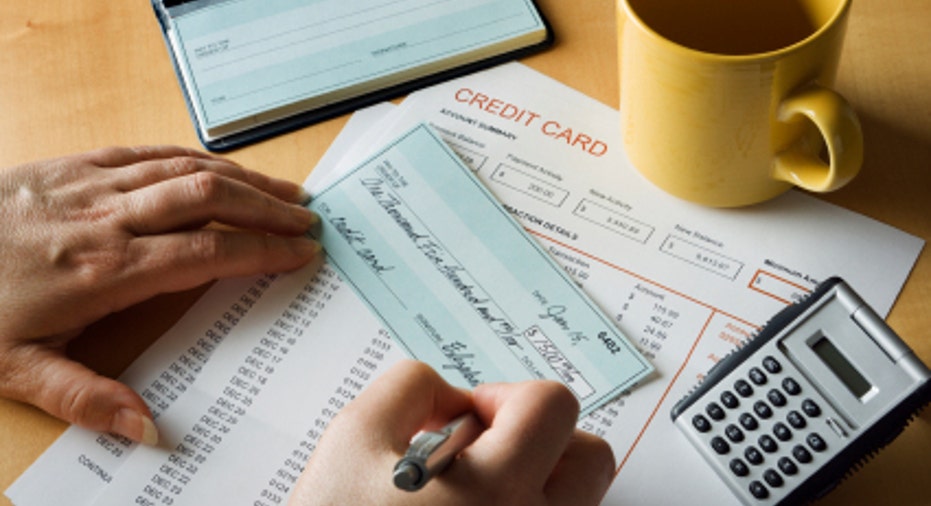Who Pays Your Expenses if Your Company Goes Bankrupt?

This is one question you probably hesitate to ask your boss or the guy in human resources: If the company goes bankrupt, could I be on the hook for my outstanding expenses?
Technically, maybe you could be. But in reality, probably not.
If you have spent money on a credit card for business expenses, whether you are responsible for it "depends whether the employee signed as a responsible party on the agreement between the employer and the card issuer," says Edward Boltz, president of the National Association of Consumer Bankruptcy Attorneys and partner in the North Carolina-based Law Offices of John T. Orcutt.
Some card agreements are worded in such a way that the employee is legally on the hook for their charges, says Chi Chi Wu, staff attorney for the National Consumer Law Center. Then if the company folds, the issuer could go after them for any unpaid balance, she says.
Wu has seen a few cases of this happening. "To be honest, most of those cases involve some [top level] executive, not just any regular employee," she says.
Another potential scenario: The company folds, and the credit issuer reports the unpaid card debt to the employee's personal credit report, Wu says.
With an American Express card, "if you have filed your expense report with your company, we would not hold you responsible," says Christine Elliot, vice president of corporate affairs at the card issuer. But that's provided you've followed your own company's policy on filing expenses, she says.
"Failure to do so would leave you liable for those charges," Elliot says.
There's also a difference between what card issuers can legally do and what they actually do.
If you're personally responsible for charges to the account (even if the employer is as well), "they have a right to collect, no question about it," says Joseph Rosenbaum, partner at Reed Smith LLP. "That being said they do understand about employees in that situation."
Many card issuers "try to be gracious about it," says Rosenbaum, and will absolve employees of liability in return for the employees signing over to the card issuer their rights to collect unreimbursed expenses to the card issuer – which will in turn try to collect.
So how do you know if you could be held responsible for your charges? Check the fine print on your application or the agreement that comes with the card, says Rosenbaum.
Which can be easier said than done.
"Agreements are famously difficult to understand, even for people who have training," says Michael Simkovic, associate professor at Seton Hall University School of Law.
But don't rely on what your own company rep tells you, he cautions. "They can sometimes make mistakes."
Holding an employee responsible for business charges isn't the norm if it's truly a corporate card, says Danielle Fagre Arlowe, senior vice president with the American Financial Services Association.
"I would be shocked" if card issuers held individual employees liable for their company charges if it's genuinely a corporate card, she says. "It's just not good policy for anybody. You've got to check the company policy and the contract, but I would be very surprised."
See related: 6 questions to ask about your company's credit card



















